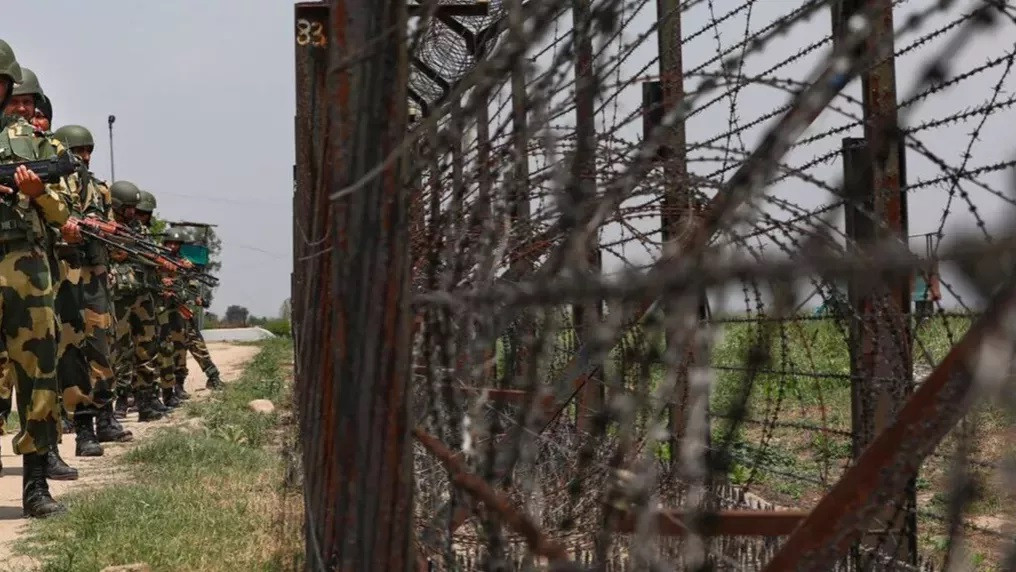In a fresh escalation along the Bangladesh-India border, the Indian Border Security Force (BSF) has forcibly pushed back 153 Bangladeshi nationals through the Sylhet and Moulvibazar frontiers, according to the Border Guard Bangladesh (BGB).
The detainees, which include women and children, were apprehended by BGB between late Saturday night and early Sunday morning. Most of them are from the northern district of Kurigram, according to a Prothom Alo report.
Of the total, 121 individuals were detained near the Shahbazpur tea estate and Latu border areas in Barlekha upazila of Moulvibazar. Separately, 32 people — including 23 women and children — were found in a marshland in the Noyagram area of Beanibazar upazila, Sylhet.
According to BGB officials, the BSF had gathered these individuals at various border points before pushing them into Bangladeshi territory without prior coordination.
Many of the returnees were undocumented migrant workers who had been employed in informal sectors in India — including brick kilns, domestic work, and painting — mainly in Gujarat and Bihar. Some had reportedly lived and worked in India for as long as 10 years.
Lt Col Mohammad Mehedi Hasan, commander of the 52 BGB Battalion, confirmed the detainees’ Bangladeshi nationality through preliminary questioning and contact with their families.
“Most are from Kurigram, while a few others are from Cumilla and Khulna. They will be handed over to the local administration and police for further processing,” he told the Bangla daily.
In the Sylhet section, members of BGB’s Noyagram Border Outpost (BOP) launched a raid on Sunday morning after receiving reports of suspicious activity.
They found 32 people abandoned in a waterlogged field. Based on the group’s testimony, BSF personnel had escorted them to the border and left them on the Bangladeshi side during the night.
This incident is not isolated. In the past 12 days alone, BGB reports that 69 Bangladeshi nationals have been pushed back across the Sylhet border in a similar manner. Most of them were also irregular migrants who had entered India in search of work but lacked proper documentation.
All 153 individuals are currently being temporarily housed in a local school building while authorities verify their identities. They are expected to be transferred to Beanibazar police shortly.
The BSF has yet to provide any explanation, and BGB officials have not confirmed whether the issue has been raised through diplomatic channels.
However, the sudden and coordinated pushback of undocumented Bangladeshi nationals without official notification has once again raised questions regarding humanitarian standards and cross-border protocols.
Such actions, critics argue, underscore the urgent need for formal bilateral mechanisms to manage undocumented migration, combat human trafficking, and facilitate the repatriation of nationals — particularly as economic hardship continues to drive thousands of Bangladeshis to seek work in neighbouring India, often through informal or unsafe routes.


